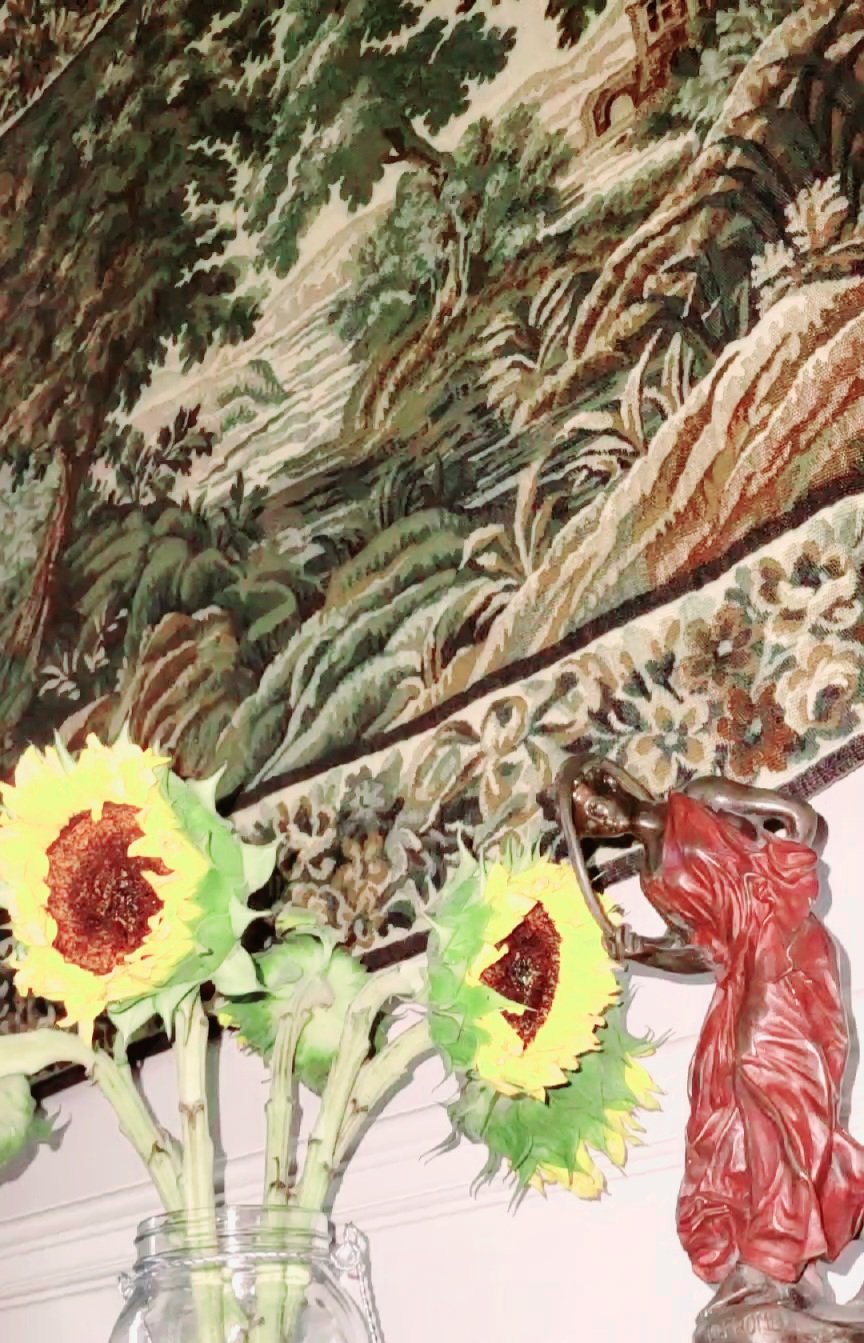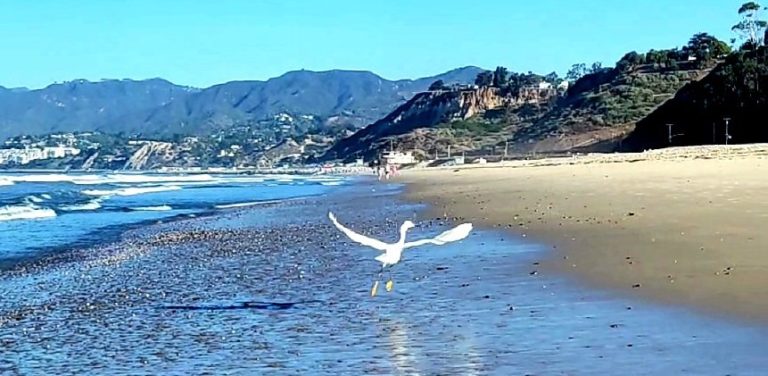Greg Sendi – 3 Poems
a Garbo in Ninotchka,
or Greta Gerwig in Greenberg,
leaning on the jamb
before you pause then wrist
the knob

A Compass for Ariadne
1
To true the walls, we put a drib of oil
in a shallow cup
and lay on top an olive leaf
and on the leaf
a flake from off the Anatolian
hammers we use
to set the lintels and split beams.
Those shards
lay everywhere, peppering the floor,
like beetles
scuttling in the dust. They would
recollect,
each to the others, in a clot.
2
You hear princess, you think some child.
She was not young.
She lived a life apart at Gortyna,
away from palace
things, more like a nun almost,
to tend her brother.
She spoke to him like others
couldn’t,
calmed, perhaps, by the tea-scent
of her hair,
her nails on him, the gentle way
she poulticed mud
to salve the wounds he gave himself.
3
Suffice to say the suitor who appeared
that year in autumn
in his dark-beaked galley took
her by surprise.
Her father sent no herald. But she liked
his plumpish
northern face. He gave her splendorous
non-promises:
I’ve come to make these things all right again
and I come to you
with mercy of the gods for him
and thanks to you
the sad fellow will at last be free.
4
So the halfmoon past his coming she
made gifts of sage
and beeswax, tallow soaps and stones
to tell the gods
her eagerness (she never could do goats
or even birds)
and told him secrets one-two-three
and showed him threadwork
from her girlhood. With confiding hand
she traced love plans
upon his chest and abdomen of meals
they would share
and abundant teeming garden hives.
5
I know you think you know. But I am
just the beam
and chisel guy. I built a portico
as would befit
a prison. Full stop. The rest are fairy tales
told by swindlers.
This much I can tell you:
No magic ball
of string or ball of magic string
what have you
rolled forward like some schnauzer
snout-down
de-vermining the cave.
6
She was the magic. She herself. And when
the day came, she
tied onto the high doorframe a hem-
thread of her bleachwhite
gown and danced him forward, unraveling
until at last
the dress was gone, and they stood where
he sat in cowfilth,
allayed to hear her breathing near, she now
naked to both.
Then it was one-two-three and afterward,
spindling the thread
around the bludgeon, he walked out.
7
The desolation calls are hard to tell.
The cave could not
contain them. The insects stopped their
skittly hiss.
After some time alone she must
have found one of the cups
with olive leaf and hammer shard
and learned its art:
However she might turn amazed
in gyral darkness,
in frenzy pandemoniac, bereft,
it trued her dismal
course and pointed her the other way.
8
As she emerged, I found a painter’s tarp
to wrap her body in.
She was from head to foot enameled
in cattle blood.
She had torn her tea-scent hair in sheaves
and plastered it
with gore along the cavern walls. I gave
her water from a skin.
She tightly held the little cup and went
its unremitting way,
the leaf and shard recoiling by degrees
and pointing her
through Knossos to the Cyclades.
Medusa
Who waits for something
secret to be masked
at the upswing of night
before she will emerge,
even midsummer, even in this
glaciated moorland, when
night is barely there
at all, who waits
then calls you, then appears,
as white and nearly weightless
as hydrangea blooms,
as white and fugitive
as if you cupped your hands
around a thousand
moths, impermanent,
translucent in July’s
perfervid prairie dusk,
almost blue-white
with hotel TV glow
projected on her skin,
a Garbo in Ninotchka,
or Greta Gerwig in Greenberg,
leaning on the jamb
before you pause then wrist
the knob, a glimmering
photopsia slowfloating
from her grisette smirk
to something else,
a poise or micro gravity
that belies the gaping slobber girl
contrived by staggered Berber
and Sumerian boys before you,
who, above the urinals
of Numidia and Ur,
drew tongue and gape and
gag and grunt, dithered
(as you are here) by the
redolence now indwelling
a bidding and beguiling
Bemidji whisper,
the gorgeous movement
of whose dark perfume
in swirls around,
untellable, ubiquitous,
is now the only
rhythm-mark of time,
whose sheaves of hair
overfilling in your fist
are now the counting-
sticks for everything
the world has ever had,
whose kisses fertile,
countless, like the
wood at Gargara,
obstruct and supersede
the throated, raving howl
that tells why she is here,
or would, that otherwise
would ring oblivion though
gorges measureless to man.
Memento Mori
Caucasian Nazarene—old triune lord,
who on the lizard-wingèd dog through hell
rode dance-hall drunk, clutching an iron bell
when you were young—let pass another word
of love impossible submerged. Let pass
again within the soiled, alkali-
expiring, beer- and corn- and sausage pie-
and blood- and borscht- and cabbage-fed cuirass
which girds the city at the lake—this snout-
piece of the Great and Modern Swine-o-Drome
of nations; bring to pass what she has shown
me yet again to live without.
Regret
may out and yet by every lurid, steel-
ribbed underpass that God may still forget
or government forswear, I swear I feel
I love what we have almost done when I
remember it. And if the days repeal
what’s left (if vestiges there are), when I
have lost the thread of it, I know, beneath
forgetting, that the kiss will sanctify
itself and that the vapor which, like death,
ascends from out the solvent-hollowed skin
of Wacker Drive at night is holy breath
since we at Christmas loved therein.



